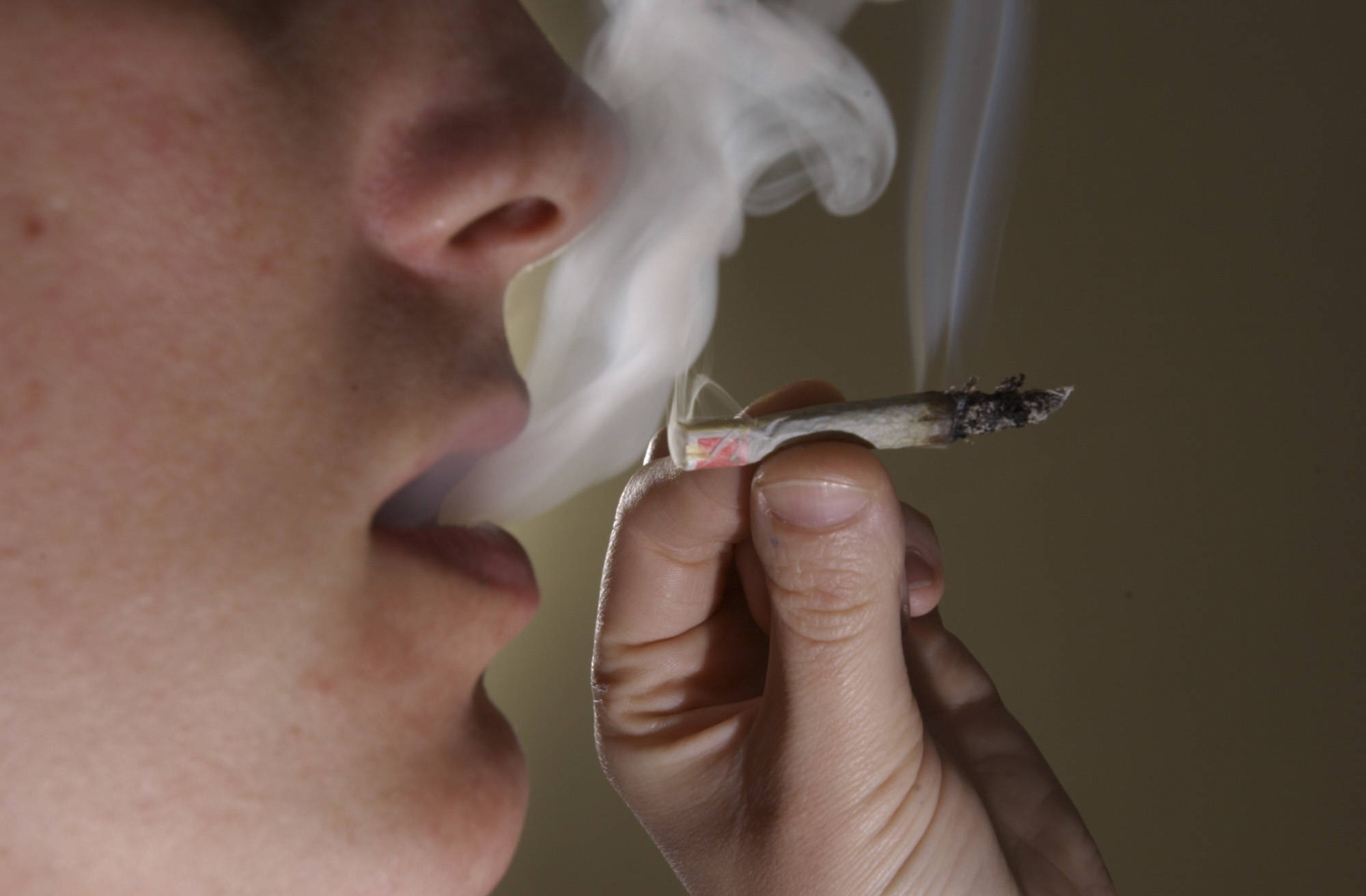Does cannabis impact binge drinking? Does it help with meditation? How about the opioid crisis. Can cannabis help with that?
UBC Okanagan psychologist Zachary Walsh and his team and his team are searching for answers to those questions and more, leading the way on cannabis research.
It’s an exciting time to be researching cannabis, as more and more opportunities open up for him and his students and as the world becomes more receptive to their research.
For about a decade, the University of British Columbia’s Okanagan campus has been a research centre for the medical and non-medical use of cannabis.
One of Walsh’s first big projects was researching how cannabis can help people manage Post-Traumatic Stress Disorder (PTSD).
Those studies found that people suffering from PTSD reported having relief from anxiety when they use cannabis. They also reported having an easier time falling asleep and having fewer nightmares, he said.
Walsh’s research is now looking at how cannabis impacts the quality and length of sleep, as well as general anxiety and depression.
It’s a busy time for Walsh and his team, with several major projects on the go.
“We were home to the first clinical trials of cannabis for mental health conditions,” Walsh said, adding “we’re now working on a project about cannabis and meditation.
“We’re looking at how legalization impacts cannabis use, perceptions and norms in university students. We’re also looking at cannabis and alcohol use. How does cannabis use impact binge drinking in students?”
Walsh’s team is also looking at how cannabis can replace opioids to manage pain.
“Given that we have this opioid epidemic that’s still raging, the best thing is if people aren’t in pain but if they are, what kind of medicine is best for them?”
“We know that cannabis can be safer than an opioid, so we need to look side-by-side at how the two compare. Ultimately, that helps us understand what are the public consequences of cannabis access.
“People are encouraged to try opioids before cannabis, and I think that’s something that maybe we need to re-examine given what we’re increasingly learning about the dangers of some of these new opioids,” Walsh said.
Opioids have been part of the medical system for a long time and have never gone through the same criminalization that cannabis has, hence why it’s still the go-to, Walsh acknowledges.
For things to change, he says, more physicians must be educated on the benefits of prescribing cannabis instead of opioids.
Despite legalization, there hasn’t been an increase in the use of cannabis, according to Walsh.
“I think in general, (legalization) has worked the way people hoped it would work. Because it’s not like all of a sudden everyone is using cannabis. The same people are still using the same amount of cannabis. But now, they’re getting it from a legal source and they’re not exposed to some of the other potential problems that can come with illegal access.”
.

